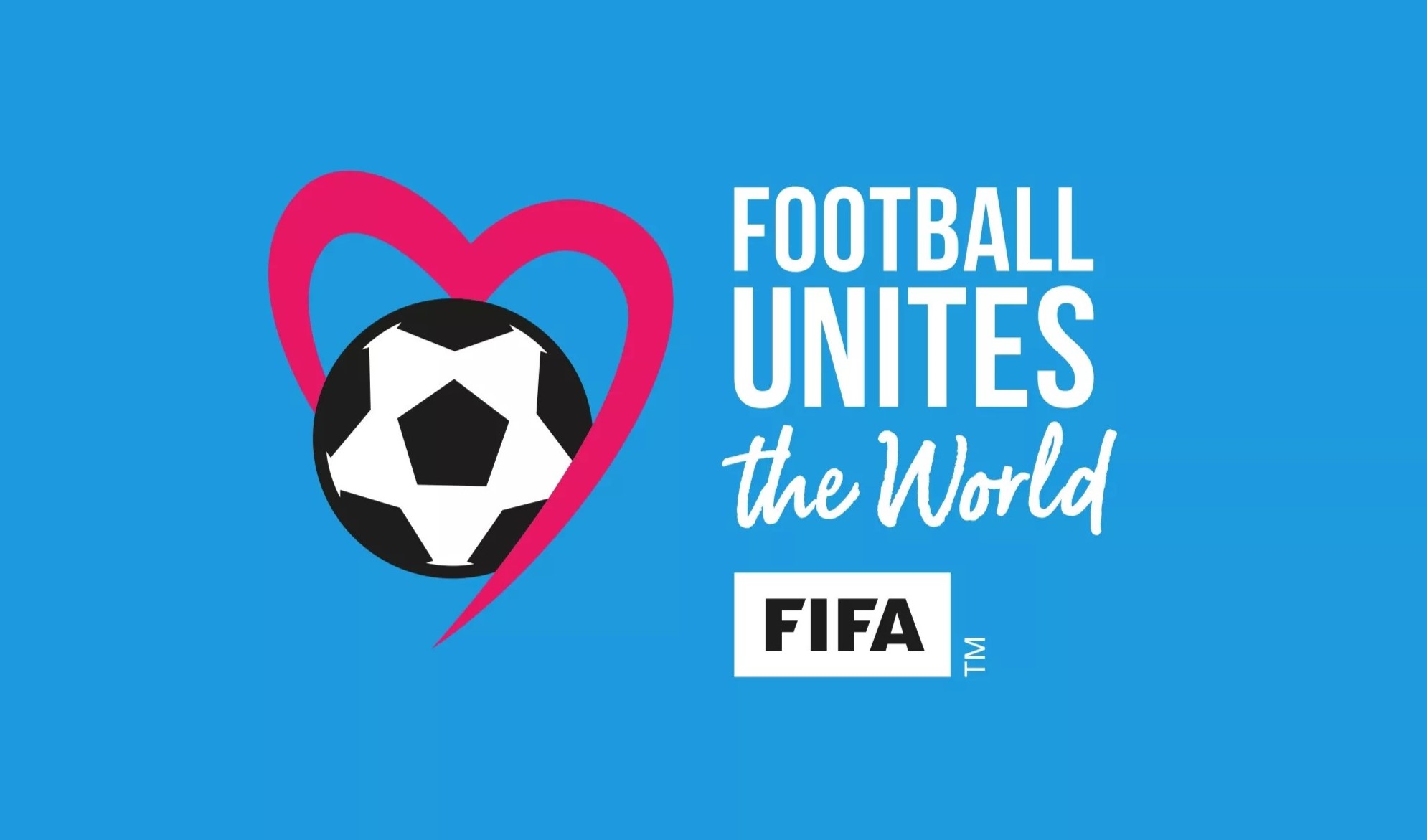The UN International Day of Education falls on 24 January; Its theme for 2024 is ‘Learning for a lasting peace’; Spotlight on the FIFA Football (www.FIFA.com) for Schools programme.
The International Day of Education celebrates the vital role that education plays in peace and human development. It was launched by the United Nations in 2018, which was also the same year that the Football for Schools programme saw the light of day (https://apo-opa.co/47OZyL5) at the eighth FIFA Council meeting in Rwanda. A Memorandum of Understanding was subsequently signed by FIFA and UNESCO so as to roll out the programme all over the globe. Six years down the line, 105 countries (https://apo-opa.co/4956xQP) have joined the initiative.
In addition to this impressive number of signed-up nations, tens of millions of children have been positively affected by F4S. And it is these children that the programme aims to support and nurture, by incorporating football-related activities into the education system, with an overriding goal of making the sport more accessible to young people.
“The objective is to create a link between education and football by ensuring that children’s introduction to kicking a ball around is as fun as possible, and by teaching them essential life skills,” explained Football for Schools Director Fatimata Sidibe.
She added, stressing the importance of 24 January to her and to the entire world: “This day places the focus firmly on education and raises awareness among stakeholders to support transformative actions that help achieve inclusive, equal and high-quality education for all. Education and sport play such a key role in children’s well-being and in building sustainable and resilient societies, transforming lives and breaking the cycle of poverty that tends to trap so many youngsters.”
The F4S Director is well-versed in this topic, having travelled the globe with her team over the past three years to meet these children, as well as the teachers and trainers expected to become true ambassadors of the programme, helping them to implement it everywhere, especially in some of the most remote regions of the world.
“Football is not only a universal sport, but it also has an extraordinary ability to unify and contribute to social integration, as well as educating and liberating boys and girls,” she said. “FIFA harnesses this power to provide children from all over the world, from very different backgrounds, with the opportunity to play and learn.”
In 2023, 71 FIFA member associations successfully introduced the programme. One of the many countries to join the F4S club was Fiji. “Football is now part of my life,” said 12-year-old Joeli Nakakai, a Fijian pupil at Tavua Primary School. “The experience has helped me to improve my technical skills, and as a person.”
He continued: “Through this programme, I’ve learned a lot about gender equality, for example. I was shy about playing with members of the opposite sex, but now I’m more comfortable with the idea. I’ve also learned so much about respecting others, disabilities, and cultural differences. “Now I know how to play in a team, and I feel like I know myself better. I’m better at communicating with others. At the start of the programme, I didn’t know how to juggle the ball, but now I can do 35 easily!”
Although Fiji has traditionally been regarded as a rugby stronghold, Football for Schools has nevertheless managed to establish itself there. The programme partly owes its success to the overwhelming support it has received from local authorities (https://apo-opa.co/3u4ylpG). “Incorporating football into the national education system and the school curriculum will contribute to social change and help children to become better citizens,” said Sidibe.
“By learning intrapersonal and cognitive skills, interpersonal skills, active citizenship skills and healthy behaviour, children will boost their personal development and contribute to sustainable development goals.”
Sustainable development is, of course, one of Africa’s major challenges. Interestingly, it is the global region in which Football for Schools has established itself the most, proportionally speaking: 37 of FIFA’s 54 African member associations are on board with the programme, equating to 70 per cent of the continent. It was first introduced in Malawi in 2022 (https://apo-opa.co/498XdM3), where it has since become indispensable, suggesting that the project can be durable and viable once it is up-and-running.
“As a girl, this has been a very beneficial experience,” said Ulemu Matchado, 13, a pupil at Chipoza Primary School in Kasungu, central Malawi. “I’ve learned the benefits of teamwork, self-confidence, leadership abilities, discipline, time management, setting realistic goals and consistently having a positive outlook. On the football side, I have improved my focus, which has enabled me to do things on the pitch I didn’t think I was capable of.
“I’ve also learned that able-bodied individuals are not necessarily superior to those who might have a physical disability, and that these people should be given equal opportunities in life. They are more than capable of making a positive contribution to the country’s development.”
Learning is at the very core of what Football for Schools does, and ‘Learning for a lasting peace’ is the theme of the 2024 International Day of Education. “Courtesy of the F4S initiative, children learn to know themselves and the world around them better, learn to live and interact in harmony with others, and learn to take responsibility for their own health and well-being,” concluded Sidibe.
Distributed by APO Group on behalf of FIFA.
Contact for African media:
[email protected]
